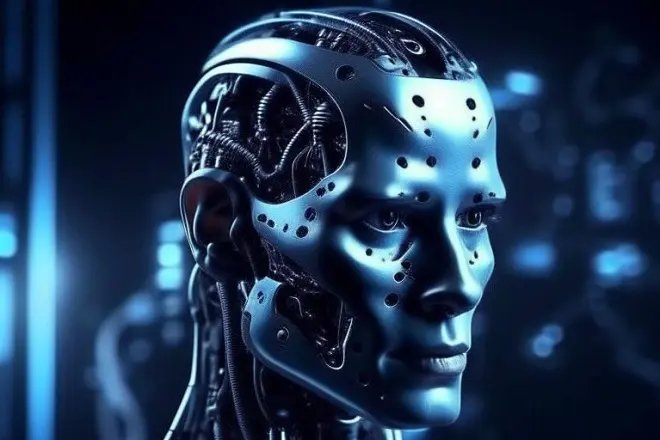
Artificial intelligence is an unstoppable phenomenon. In fact, it continues to expand to more day-to-day activities. Its ability to make machines learn and reason intelligently allows it to take care of many tasks efficiently in a variety of environments including business, home, and educational environments.
These tasks are very easy to identify by any user of cell phones or computers, and it is very likely that they have experienced them when they have communicated with the customer service of their Internet providers or financial entities, which operate with chatbots that give solutions to frequent problems in an automated way.
Also with personal digital assistants integrated into their phones or televisions, since they use voice recognition technology, another tool based on artificial intelligence, which allows, for example, this article to be dictated instead of being written with the keyboard. .
Its impact is also noticeable in the educational environment with tools such as ChatGPT and Google Bard, which serve to expand the knowledge of teachers, students and even parents themselves, either by answering their general questions, writing various kinds of documents, writing computer code or doing translations. Something that motivates controversy and concerns among professionals in the sector who see their work compromised, but which undoubtedly has benefits since they are generators of educational material for sectors that do not have access to quality education.
Other tangible examples of artificial intelligence are facial recognition systems and image filters seen in photo editing programs and on social networks such as TikTok that allow images to be transformed with results that look real. Also included is the Netflix content recommendation system, Google or Bing searches, etc.
And in the future there are many more interesting possibilities for artificial intelligence, for example, the total autonomous driving of vehicles, in which an advanced artificial intelligence system takes control of the unit and automatically decides the actions to be carried out.
What things artificial intelligence algorithms cannot replace
However, there are certain processes that cannot be automated, even with the use of the most advanced artificial intelligence. Its repertoire of mathematical algorithms cannot yet replicate distinctly human qualities such as emotions, empathy or intuition. Something that is manifested in the following activities.
Artistic and musical creation
Art and music represent forms of creative expression that demand a high level of sensitivity and understanding. Although AI systems can generate images and sounds that are indistinguishable from those produced by human beings, they cannot yet conceive truly original and expressive works.
Personalized customer service
Providing customer service requires empathy and the ability to understand the customer’s needs. While AI systems can be useful for automating repetitive tasks, such as answering frequently asked questions, they cannot offer the same degree of personalized attention as a human.
Complex decision making
Complex decisions often involve judgment and intuition that have not yet been fully replicated in AI systems. For example, a doctor must be able to evaluate a wide range of factors when deciding a treatment for a patient. Although an AI system can provide information about possible treatment options, it does not have the ability to make the final decision.
Highly sophisticated natural language communication
While AI can hold basic conversations in natural language, highly sophisticated conversations, such as deep philosophical debates or delicate diplomatic negotiations, are still a challenge for full automation due to the complexity of human communication.
Highly specialized manual labor
Tasks that require extreme manual dexterity and specialized skills in unpredictable environments, such as highly complex surgery or the repair of sophisticated equipment, are difficult to fully automate due to the need to adapt to unique and changing situations.
Specialized academic counseling
Human empathy and understanding of emotions are essential in roles that involve social interaction, such as vocational counseling or guidance. Despite advances in chatbots and virtual assistants, real empathy and meaningful connections are still elusive for AIs.
Ethical and moral decision making
Decisions involving ethical and moral dilemmas often depend on context, personal values, and deep reflection. AIs can provide information and analysis, but they cannot make ethical decisions in the same way as humans, as these decisions are often subjective.
Finally, it is important to highlight that artificial intelligence continues to evolve, and in the future it could automate some of the tasks that are not currently susceptible to automation. However, there will likely always be areas that require human involvement.
Image created with Luzia from Telegram